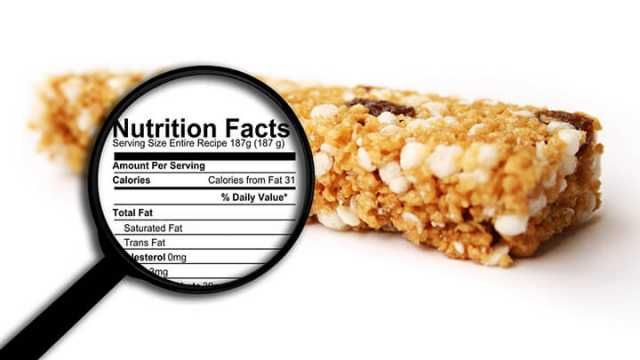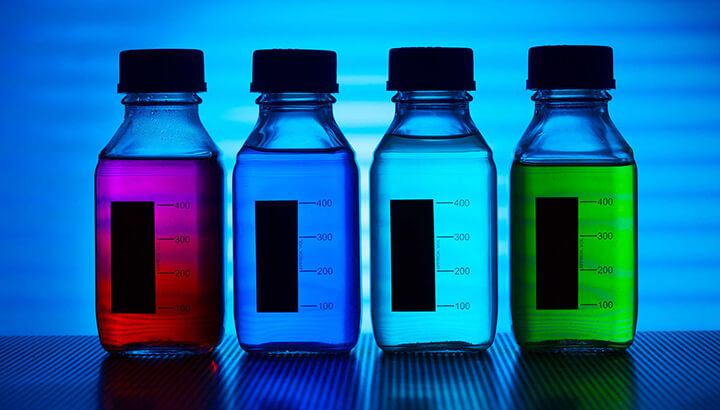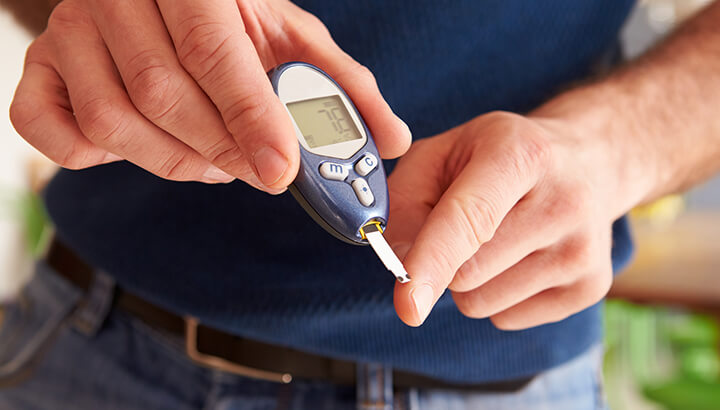
For many years, fat has gotten a bad rap. We have been told that fat is the primary culprit behind weight gain, though the reality is, sugar is probably more to blame. And saturated fat, especially, has been demonized. We have been led to believe that saturated fat clogs our arteries and leads to heart disease and heart attacks, although new science is suggesting this is not the case.
There are some in the detox community who believe that reducing dietary fat, which is relatively dense and therefore can take time to digest, can assist with the detox process. And it may be the case that temporarily cutting down on fat while you’re on a cleanse can be helpful. But over the longer term, healthy fat has a number of important health benefits that we need to be aware of. With that in mind, here are some of the risks of a low-fat diet.
Too many carbs
For many of us, when we cut down on foods that are higher in fat, we replace them with lower-fat foods. While adding more fruit and veggies is a good thing, adding more carbohydrates may not be as beneficial. That’s not to say that carbohydrates are fundamentally bad. But if we’re suddenly replacing high-quality fats with foods that contain gluten, for example, or refined carbohydrates that act like sugar in the body and can lead to weight gain, our health will likely suffer.
Artificial ingredients

Since so many of us have been conditioned to believe that fat is bad, lower-fat alternatives of some of our favorite foods — particularly those containing animal fat, which we’re told is especially bad — can sound like a healthy choice. So we opt for fat-free or low-fat yogurt, for example.
The downside of this is that often these products contain a fairly wide range of artificial ingredients to make up for the flavor and texture lost when the fat was removed. This might include gums thickeners, for example. And in many products, it will almost certainly include high-fructose corn syrup. These products are made to be overly sweet so that we will think they taste good, even without the fat.
Heart health
Although the common thinking for many years has been that fat is bad for heart health, the truth is, this may not be the case. Many experts are beginning to believe that heart disease is more closely related to inflammation than to cholesterol levels. And what are the foods that are considered inflammatory? Among them are low-quality carbohydrates and processed sugars.
So again, if we’re trying to avoid fat, and as a result, replacing healthy fats with low-quality carbs, this could actually be harmful to the heart. It’s the opposite of what many of us are trying to do when we cut down on fat. By contrast, healthy fats — in particular, monounsaturated fats — actually help to protect against cardiovascular disease. Of course, it’s important to know that trans fats and low-quality, processed fats are never healthy.
Hormones
Certain types of healthy fats and cholesterol are important when it comes to balancing hormones. And the risks, it is thought, are probably especially pronounced in women. Eating a diet that’s too low in fat is believed to be associated with an increased risk of infertility, difficulties with the menstrual cycle and trouble getting pregnant. By contrast, one study suggests that high-fat dairy foods, largely saturated fat, can actually decrease that risk.
Diabetes

The risk of diabetes is thought to potentially increase with a low-fat diet for a number of reasons. First, as discussed, if we’re eating carbohydrates and sugars instead of healthy fats, this can create a higher risk for insulin resistance and lead to weight gain, which is associated with diabetes risk. On the other hand, healthy fats can help to control insulin. Research suggests that mono- and polyunsaturated fats can improve insulin sensitivity.
Vicious cycle of weight gain
Many people follow a low-fat diet in order to lose weight. However, as this article has been explaining, a low-fat diet can actually lead to weight gain, in part because it can lead to insulin resistance. Many medical professionals believe that there is a link between insulin resistance and a patient’s likelihood to stick to a healthy diet. That is, if you are insulin resistant, it may be more challenging for you to maintain a diet that is healthy and will support weight loss. So instead, you continue gaining weight, thereby making it ever more difficult for the weight to come off.
Gut health
It is believed that a diet that promotes stable blood sugar also promotes a healthy gut microbiome. This means a diet that contains enough healthy fats, as well as fiber-rich plant-based foods. This will help to feed the gut’s good bacteria and make for better gut health. And more and more evidence is beginning to suggest that gut health is potentially related to a wide range of other health conditions.
Depression and anxiety

Healthy fats, it is thought, play an important role in brain function. So eating enough of them can help to prevent or address depression and anxiety. While trans fats might actually increase the likelihood of depression, healthy fats appear to have the opposite effect. One study demonstrates that a diet higher in fatty acids may lower the risk of depression and other mental health conditions. And additional research suggests that Omega-3 fatty acids, in particular, have positive effects when it comes to depression.
Sources of healthy fats
Although common wisdom for decades has held that fat has detrimental health effects, we are seeing now that this is not the case (except, of course, for trans and hydrogenated fats). Many of us who choose a low-fat diet do so with the best of intentions, but if we are genuinely concerned about our health, we will be sure to recognize the important role of healthy fats.
So what are some sources of healthy fat? Among others, they include nuts, olive oil, fish (though be aware of the mercury levels in the fish you consume), avocados and high-quality, pastured meat and dairy products.
— Sarah Cooke

